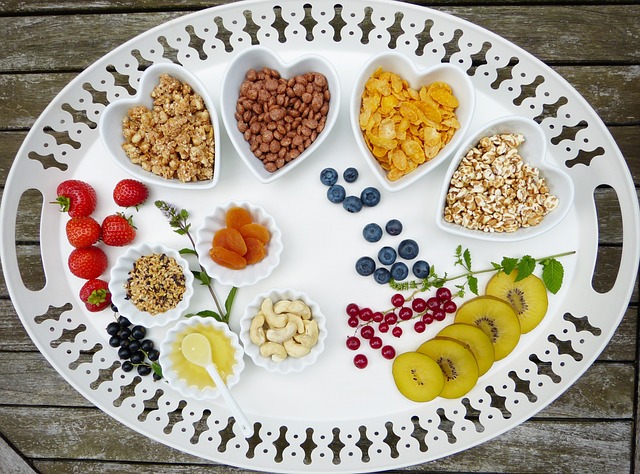The Gut-Brain Connection: How Probiotics Impact Mental Health and Well-being
Probiotics have gained significant attention in recent years for their potential health benefits. While most people associate probiotics with digestive health, emerging research suggests that these beneficial bacteria may play a crucial role in the gut-brain connection and impact mental health and well-being.
Understanding the Gut-Brain Connection
The gut and brain are intimately connected through a complex communication pathway known as the gut-brain axis. This bidirectional communication allows the gut to influence the brain and vice versa.
The gut is home to trillions of bacteria, known as the gut microbiota. These bacteria help break down food, produce essential nutrients, and maintain a healthy immune system. Additionally, the gut microbiota plays a crucial role in producing neurotransmitters like serotonin, dopamine, and gamma-aminobutyric acid (GABA), which are vital for regulating mood, sleep, and cognition.
Conversely, stress, poor diet, antibiotics, and other factors can disrupt the balance of the gut microbiota. This dysbiosis has been linked to several mental health conditions, including depression, anxiety, and even neurodegenerative disorders.
The Role of Probiotics
Probiotics are live bacteria and yeasts that, when consumed in adequate amounts, can confer health benefits to the host. In the context of mental health, certain strains of probiotics have shown promise in modulating the gut-brain axis and improving mental well-being.
One of the most well-studied probiotic strains is Lactobacillus rhamnosus (L. rhamnosus). Research has demonstrated its potential to reduce anxiety- and depression-like behaviors in animal models. In human studies, supplementation with L. rhamnosus has been shown to reduce symptoms of anxiety and improve mood.
Another probiotic strain, Bifidobacterium longum, has also shown promising results in boosting mental health. It has been associated with reduced symptoms of depression and anxiety, as well as improvements in cognitive function.
Probiotics work by interacting with the gut microbiota and influencing the production of neurotransmitters and other signaling molecules. They can also strengthen the gut lining, reducing inflammation and preventing toxins from entering the bloodstream. These mechanisms are believed to contribute to the beneficial effects of probiotics on mental health.
Other Benefits of Probiotics
Beyond their potential impact on mental health, probiotics offer a range of other benefits. These include:
- Improved Digestive Health: Probiotics can help alleviate symptoms of digestive disorders such as irritable bowel syndrome (IBS), inflammatory bowel disease (IBD), and antibiotic-associated diarrhea.
- Enhanced Immune Function: The gut microbiota plays a crucial role in regulating immune responses. By promoting a healthy balance of bacteria in the gut, probiotics can support immune function and reduce the risk of infections.
- Management of Allergies: Emerging research suggests that probiotics may help prevent and manage allergies by modulating immune responses and reducing inflammation.
How to Incorporate Probiotics into Your Diet
Probiotics can be obtained through certain foods or supplements. Fermented foods like yogurt, sauerkraut, kimchi, and kefir are rich in probiotics. It’s essential to choose products that contain live cultures and have not undergone extensive heat treatment, as this can kill the beneficial bacteria.
If you prefer a supplement, look for reputable brands that offer a variety of strains. Opt for products that contain at least 1 billion colony-forming units (CFUs) and follow the recommended dosage instructions.
Remember, consistency is key when it comes to reaping the benefits of probiotics. Incorporating these beneficial bacteria into your daily routine can yield long-term improvements in both physical and mental health.
Conclusion
The gut-brain connection is a fascinating area of research, highlighting the crucial role of the gut microbiota in mental health and well-being. Probiotics offer a promising approach to support a healthy gut microbiota and optimize brain function. By incorporating probiotic-rich foods or supplements into your diet, you may harness the power of these beneficial bacteria, improving both your digestive health and mental well-being.







